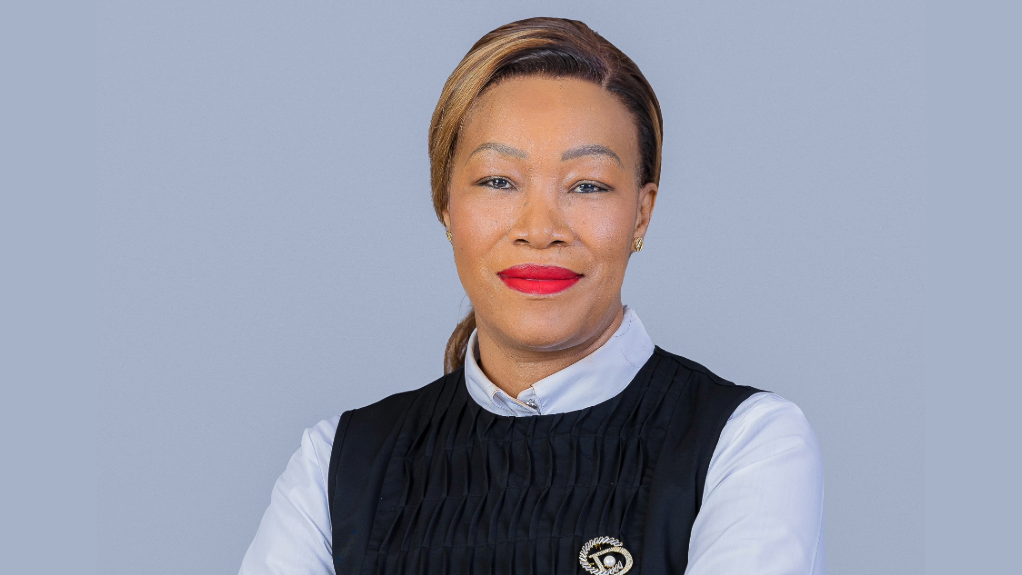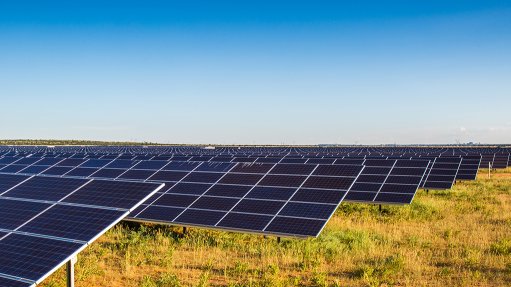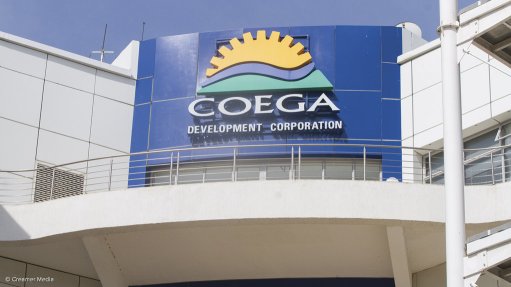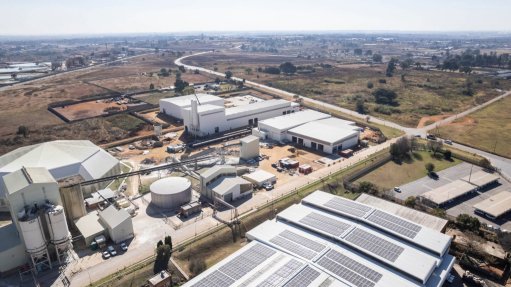Fiscal constraints, coal dependency hamper energy transition


MAMIKI MATLAWA South Africa’s transition to cleaner energy hinges on innovative engineering, expanded international collaboration and a skilled workforce
South Africa’s renewable-energy ambitions face significant challenges as fiscal constraints, a persistent reliance on coal, and gaps in technological and workforce readiness slow progress, says electromechanical equipment manufacturer Actom group business development executive Mamiki Matlawa.
Speaking on the energy outlook for 2025 and beyond, she emphasises that South Africa’s transition to cleaner energy hinges on innovative engineering, expanded international collaboration and a skilled workforce.
However, she stresses that a major roadblock is the lack of sufficient financial resources to fully support renewable-energy infrastructure.
Matlawa argues that this fiscal limitation restricts progress in areas such as project funding and creating incentives for broader sector participation.
“Exploring innovative funding mechanisms and fostering strong partnerships between governments and private players is crucial to overcoming these barriers. International funding, such as the $8.5-billion climate finance package agreed at COP26, underscore the importance of external assistance. However, effective allocation and use of these funds remain key to their impact.”
Further, Matlawa notes that aligning environmental goals with economic priorities requires integrating renewable-energy solutions into national development strategies.
“Investments in green technologies, supportive public-private partnerships and expanded clean energy access can ensure inclusive and sustainable progress,” she says; however, these efforts must be supported by policies that incentivise the transition without undermining the economy.
Further, despite progress toward renewables, coal remains South Africa’s dominant energy source. Transitioning away from coal without jeopardising energy security is a complex challenge, Matlawa says.
She advocates for a phased approach that ensures that reliable alternative energy sources are in place before decommissioning coal-fired power stations.
Additionally, modernising existing coal-based infrastructure, including adopting cleaner technologies, is another critical step.
The integration of distributed energy resources, and energy storage are also essential to Africa’s renewable-energy success.
“These solutions are critical for ensuring energy availability and supporting Africa’s transition to sustainable energy systems,” she says, adding that, while advancements in storage technologies have made significant strides, affordability and scalability remain key factors for widespread adoption.
Matlawa, therefore, emphasises that localising the manufacture of key components could significantly reduce expenses.
Further, she identifies engineering innovation as pivotal to integrating renewable energy, considering that emerging technologies such as smart grids will play a critical role in managing fluctuating energy demands.
Looking ahead, Matlawa believes that by leveraging international experience, Africa can accelerate the adoption of renewable energy across various sectors, ensuring sustainable development and energy security.
Article Enquiry
Email Article
Save Article
Feedback
To advertise email advertising@creamermedia.co.za or click here
Comments
Press Office
Announcements
What's On
Subscribe to improve your user experience...
Option 1 (equivalent of R125 a month):
Receive a weekly copy of Creamer Media's Engineering News & Mining Weekly magazine
(print copy for those in South Africa and e-magazine for those outside of South Africa)
Receive daily email newsletters
Access to full search results
Access archive of magazine back copies
Access to Projects in Progress
Access to ONE Research Report of your choice in PDF format
Option 2 (equivalent of R375 a month):
All benefits from Option 1
PLUS
Access to Creamer Media's Research Channel Africa for ALL Research Reports, in PDF format, on various industrial and mining sectors
including Electricity; Water; Energy Transition; Hydrogen; Roads, Rail and Ports; Coal; Gold; Platinum; Battery Metals; etc.
Already a subscriber?
Forgotten your password?
Receive weekly copy of Creamer Media's Engineering News & Mining Weekly magazine (print copy for those in South Africa and e-magazine for those outside of South Africa)
➕
Recieve daily email newsletters
➕
Access to full search results
➕
Access archive of magazine back copies
➕
Access to Projects in Progress
➕
Access to ONE Research Report of your choice in PDF format
RESEARCH CHANNEL AFRICA
R4500 (equivalent of R375 a month)
SUBSCRIBEAll benefits from Option 1
➕
Access to Creamer Media's Research Channel Africa for ALL Research Reports on various industrial and mining sectors, in PDF format, including on:
Electricity
➕
Water
➕
Energy Transition
➕
Hydrogen
➕
Roads, Rail and Ports
➕
Coal
➕
Gold
➕
Platinum
➕
Battery Metals
➕
etc.
Receive all benefits from Option 1 or Option 2 delivered to numerous people at your company
➕
Multiple User names and Passwords for simultaneous log-ins
➕
Intranet integration access to all in your organisation



















